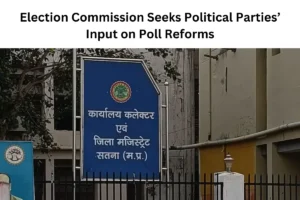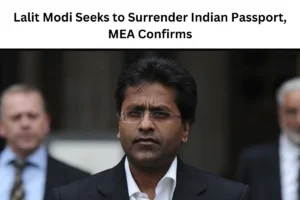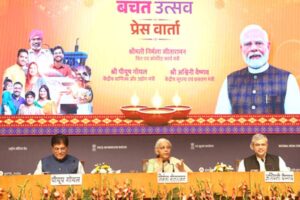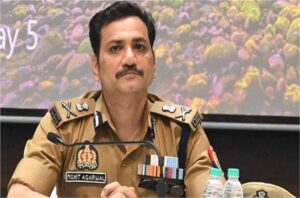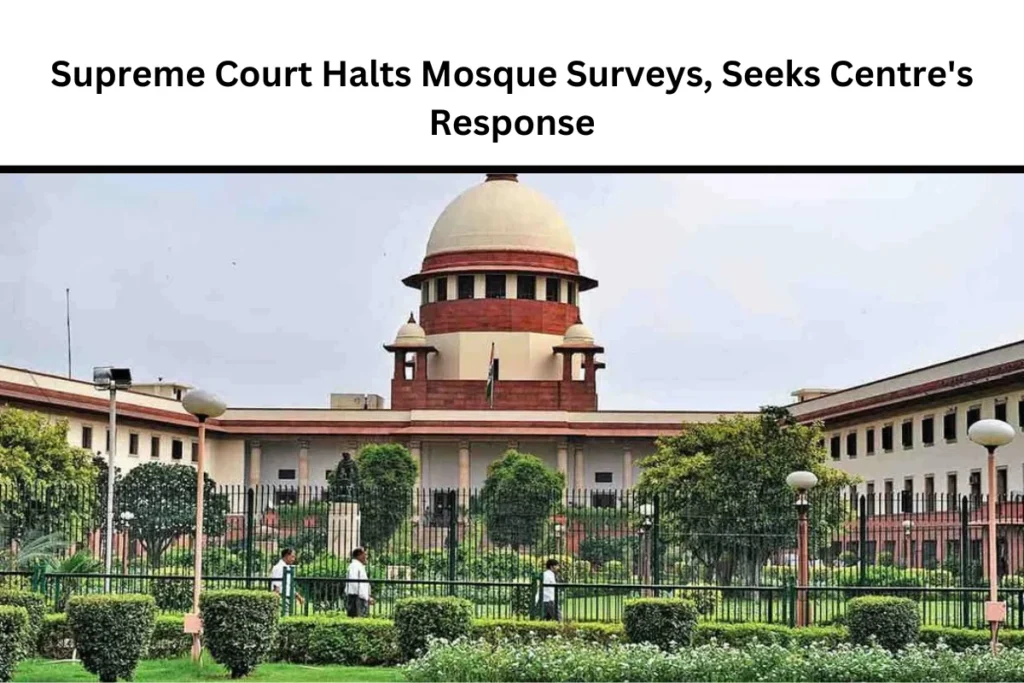
Supreme Court Pauses Mosque Surveys
The Supreme Court, on Thursday, paused ongoing surveys of places of worship, including mosques, as it began hearing petitions challenging the Places of Worship Act. Among the six petitions was one by BJP leader Subramanian Swamy. The primary petition, filed four years ago, awaits a response from the government.
Some petitions sought to enforce the Act, which prohibits lawsuits aimed at reclaiming places of worship or altering their character as of August 15, 1947. Several MPs and political parties, including Jitendra Awhad (NCP), Manoj Kumar Jha (RJD), and Tamil Nadu’s DMK, supported this enforcement.
Relief for Petitioners in Ongoing Cases
The court’s order brought relief for many petitioners challenging court-ordered mosque surveys. These surveys alleged that mosques, such as the Gyanvapi Mosque, Mathura Shahi Idgah, and Sambhal Masjid, were built over demolished Hindu temples. Lower courts have been directed to halt actions, including issuing interim or final orders, until the Supreme Court revisits the matter in four weeks.
The pause will continue until the government responds to the petitions. The bench, led by Chief Justice Sanjiv Khanna, emphasized that cases cannot proceed without the union government’s reply. They also clarified that courts cannot pass any orders, including survey directives, in ongoing suits.
Tensions Rise in Uttar Pradesh
The order comes amid heightened tensions in Uttar Pradesh’s Sambhal, following a court-ordered mosque survey last month. Communal violence erupted, resulting in five deaths. The Supreme Court halted further actions related to the mosque and directed the case to the Allahabad High Court.
This violence triggered political backlash. The Samajwadi Party and Congress criticized the BJP, accusing it of targeting a 16th-century mosque for alleged ties to a demolished temple. District officials barred opposition leaders, including Rahul Gandhi and Priyanka Gandhi Vadra, from visiting affected families, citing potential law-and-order risks. Dramatic confrontations with police ensued as opposition leaders attempted to breach barricades.
Controversy Over Demolitions
A separate incident involved the demolition of part of a 185-year-old mosque on the Banda-Bahraich Highway. Officials claimed the demolished portion was an illegal addition. However, the mosque’s management countered this, stating the mosque was built in 1839, while the road was constructed in 1956. The committee argued that the demolished section could not be deemed illegal.
The Supreme Court’s decision temporarily pauses these disputes and legal actions. The next hearing, scheduled in four weeks, will determine the future course of action after the government submits its response.
for more updates follow ANN MEDIA on facebook , X , Instagram and Linkedin


